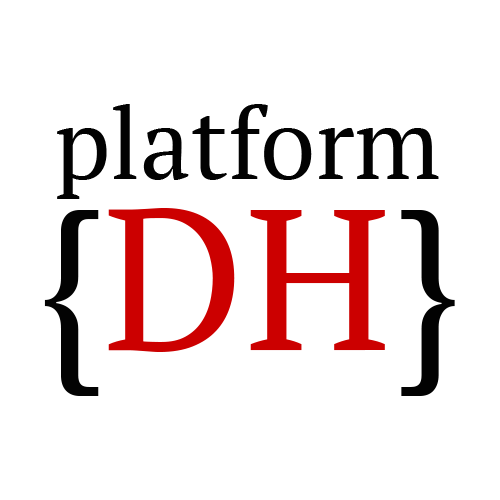DH Benelux 2015
Hof van Liere Prinsstraat 13, Antwerpen, BelgiumThe DHBenelux conference welcomes contributions and participants from all areas of research and teaching in Digital Humanities. While the conference has a focus on recent advances in Belgium, The Netherlands, and Luxembourg, we do warmly welcome contributions from outside the Benelux. The language of the conference is international English. We hope that we may welcome many scholars to the European scientific meeting platform that DHBenelux will constitute in summer 2015 for the Digital Humanities.



